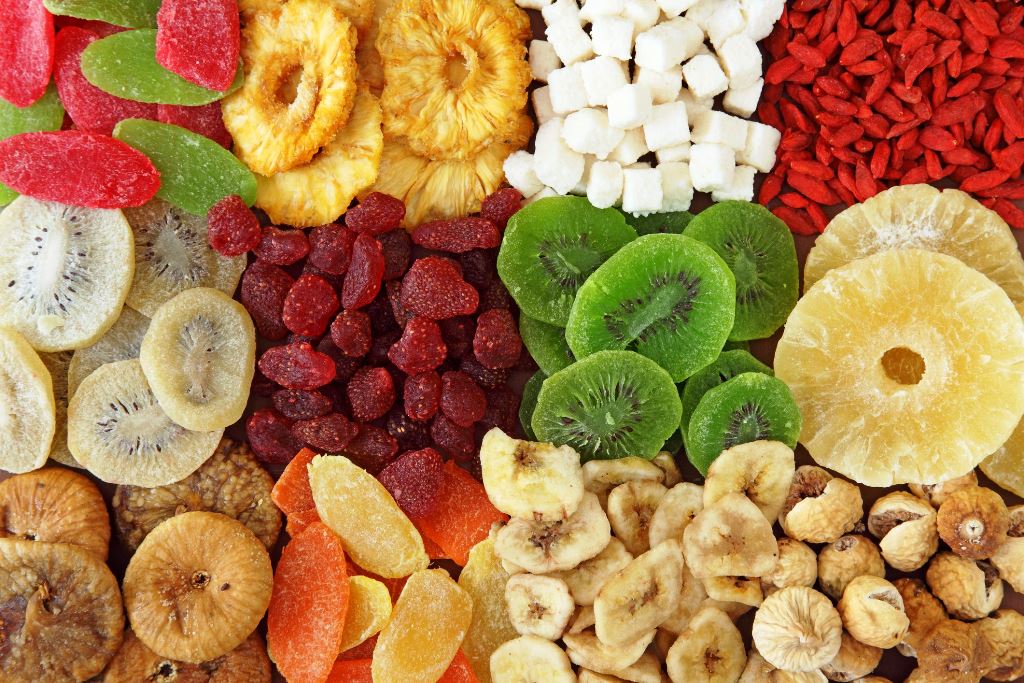Kindly Share>>
One of the goals of GoGreenNaOptiven is to find unique interventions that support sustainability in living. Of this sustainability, food takes a top role and as such becomes a topic of interest. Looking at the above subject, the question then becomes, how do you dry fruits?
Farmers in Siaya, have in the last two years realised farming benefits, after discovering a wonderful dehydration technology. This has benefitted farmers who are involved with nango farming. Many had ben victims of uncontrollable market forces that would drive prices down. Despite tending to mango trees, they would only find little or no market when the fruit ripened.
With Siaya having an abundance of mangoes during the peak seasons (November-January), plenty is harvested but most of it goes to waste on the farms. This is because, with surplus produce, the local market does not absorb all the produce. Prices dip to less than five shillings per mango, leaving many farmers counting losses.
The challenges included prices thst are not competitive, leaving a chain of loss behind for farmers. Another challenge is the inability to store fruit as they are very perishable and would rot within days,.
But there is help for farmers to improve their farms through value addition. The Food and Agriculture Organization FAO project is designed to empower the youth through innovative agriculture practice. This has benefitted the likes of Kobiero Youth Group by linking them to Agricycle. They were able to sharpen their business management and to purchase dehydrators from Agricycle and learn how to dry fruit.
The use of this technology was the turning point in how members would carry out their mango-growing business. They are now transforming mangoes that would otherwise go to waste into premium products and selling them at higher prices to Agricycle’s sister company, Jali Fruit Co. The farmers are now counting profits. For specific value chains, Agricycle directly purchases the dried fruits at a rate up to seven times the average daily wage.
What about the innovation? Josh Shefner decided to visit the beautiful Blue Mountains of Jamaica, he had no idea about the journey of social entrepreneurship that awaited him. What began as a simple visit quickly turned into a mission to empower farmers and a long winding adventure that has seen him partner with over 3,000 farmers from over six African countries.
While at Blue Mountain, Josh had the opportunity to interact with smallholder farmers. He discovered how they struggled to sell their produce in flooded local markets and at rock bottom prices. He discovered that not everything could be absorbed by the market and the farmers would watch, desolate, as their produce rotted.
The discovery devastated him and he knew that he needed to do something. An engineering student at the time, the food safety expert began designing a passive solar dehydrator that uses the sun. It would enable farmers’ to store their fruits for longer. Upon seeing this, the excited farmers asked him to link them to markets.
He realised that the farmers lacked adequate resources to brand their products to market and export them internationally. This severely limited their ability to market their produce.
It’s through this experience that Agricycle was born.
- The company has a vertically-integrated supply chain that connects farmers to world markets through a portfolio of ethically sourced and upcycled products. With over 30 global employees and a global network of over 40,000 smallholder farmers, Agricycle has grown three distinct product brands: Jali Fruit Co, Tropical Ignition, and Field Better.
- Agricycle operates in Kenya, Uganda, Tanzania, and Liberia. In Kenya, it supports over 3,000 smallholders. The company trains the farmers on modern ways to grow, harvest, and process their produce. The training includes value addition processing using passive solar dehydrators and food safety measures to support global market viability.
- Agricycle buys dried fruits, brands, markets, and sells it to consumers in the United States of America. Through the company’s ‘Find My Farm program’ stories of the women who dried it, the farmers who grew it, and the tree it came from are highlighted.
The dehydrators can produce three to five kilogrammes of dried fruit every 10-12 hours. It consists of 12 trays made of high-quality, HDPE plastic (FDA-approved food-safe) and does not require any electricity. The dehydrators dry using the sun and natural airflow.
The rectangle tray measures 61 cm by 50.5 cm by 2.8 cm and includes 24 pieces (12 bottoms and 12 tops) which are stackable, making them easy to assemble and reassemble. They are also easy to maintain and clean as the plastic is portable.
GoGreenNaOptiven is grateful to Agricycle’s Director of East Africa, Patrick Nderitu. He says using this technology, you can increase your output and income. By exporting the dried fruit, Agricycle also exposes farmers to global economies, providing a consistent market for their produce. Currently, Agricycle supports 3,000 farmers across different counties in Kenya.
To be a part of the Transformation
Call Us: +254 718 7760
Email: info@optivenfoundation.org




